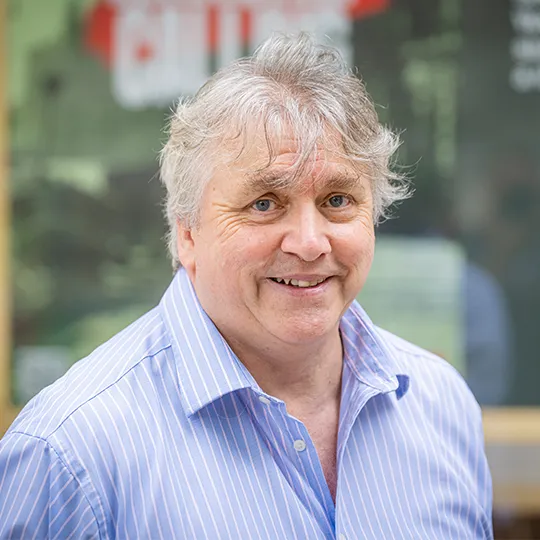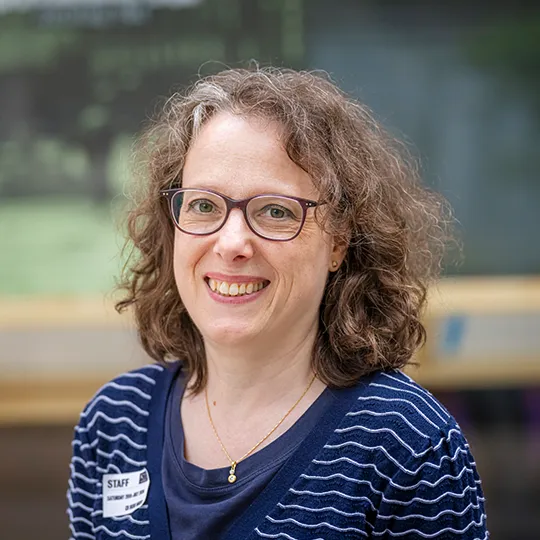29 March 2022
King’s research has had a transformative impact peacebuilding policy and practice in the Western Balkans.
The Western Balkans has been devastated by war and genocide, which left over 100,000 dead and over two million refugees in Bosnia and Herzegovina alone. King’s research had an extensive and transformative impact on both United Nations (UN) and regional peacebuilding policy and practice in this region.
Professors James Gow, Rachel Kerr and Dr Tiffany Fairey, Dr Henry Redwood, Jelena Petrović and Milena Michalski, along with colleagues at the LSE and University of the Arts London, conducted a series of Art & Reconciliation projects that emphasised the vital role the arts can play in peacebuilding and reconciliation efforts.
In 2015, the United Nations Development Programme (UNDP) in the Western Balkans approached King’s to help develop a codified body of knowledge around reconciliation, and create appropriate frameworks to evaluate post-conflict reconciliation. In particular, the UNDP had recognised a gap between the expectations of major international efforts, over 30 years, and the billions of dollars spent funding reconciliation projects, including arts-based projects, and knowledge and information about what they had achieved.
This was within a context where a legacy of armed conflict in the region continued to pose a significant challenge to political, economic, and social development, and inter-ethnic and inter-state reconciliation attempts.
King’s researchers conceived, developed, and led collaborative research over three ‘Art and Reconciliation’ (A&R) projects. The projects aimed to address key development and peacebuilding challenges, including UN Sustainable Development Goal no.16, on promoting peaceful and inclusive societies, providing access to justice for all and building effective, accountable and inclusive institutions.
We collaborated with non-academic, cultural and peacebuilding organisations, such as the History Museum of Bosnia and Hercegovina (HMBiH) and the Post-Conflict Research Centre, Sarajevo, to commission new artistic interventions in the region. Seven major exhibitions in three countries were produced, as well as well as over 40 smaller exhibitions, shows and activities.
With over 10,000 visitors, these exhibitions allowed publics and communities to engage with and benefit from research outcomes. In addition, as part of the research process, in 2018, HMBiH issued an open international call, which resulted in engaging with 115 artists, producing 28 commissions and delivering 36 workshops for young people, teachers, academics and artists. Demonstrating the breadth and depth of the artistic contributions of the project, two films were also created as outcomes of the A&R projects.
The research developed new knowledge and understanding of the role of the Arts in post war reconciliation and created a new evaluation framework. It led to a revolutionised mission and enhanced future for key cultural and peacebuilding organisations in Bosnia, created opportunities for young change-makers, and enabled new evaluation models and practices for arts-based peace-building initiatives, donors and practitioners. It even enabled parties to secure a regional arms control agreement.
These impacts have helped to shift attitudes towards the use of arts-based practice in reconciliation while increasing and enhancing skills and opportunities for young people and key stakeholders in the region.





